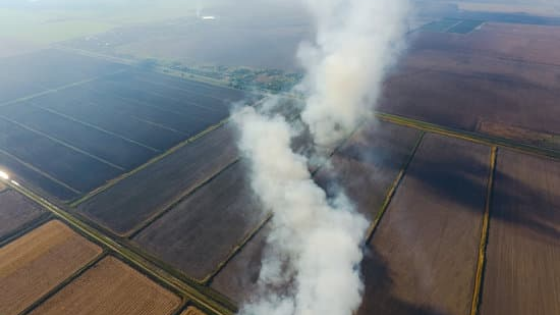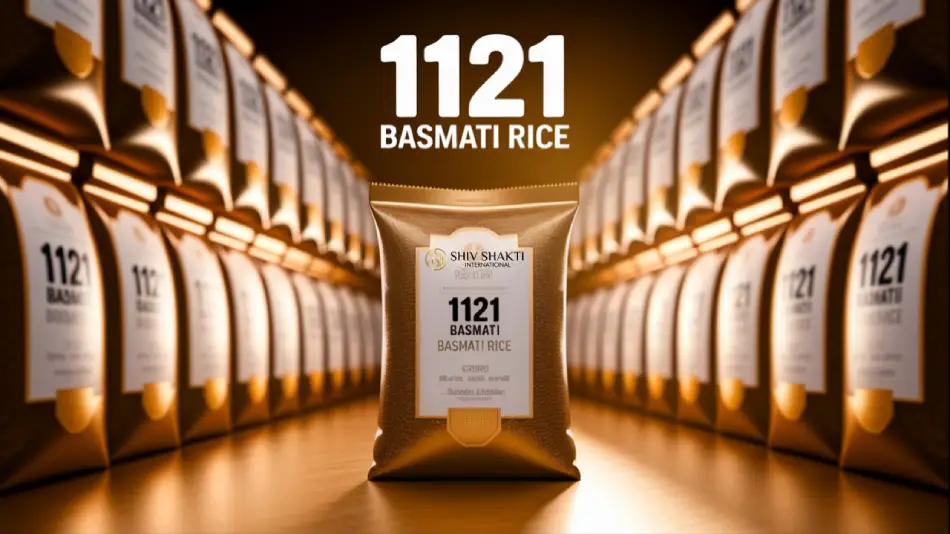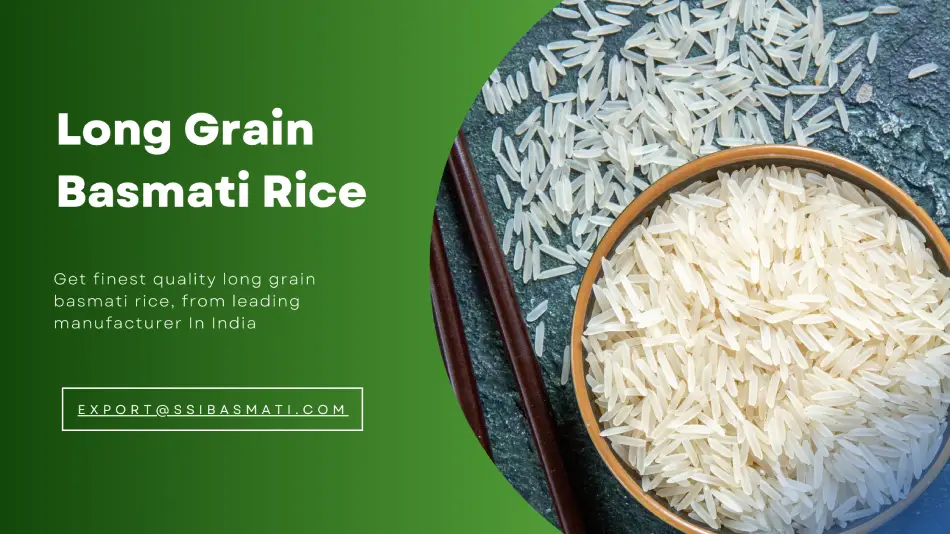
India is an agriculture-oriented country where Agriculture plays a vital role. Also, it is considered a backbone of the Indian economy. Over 70% of rural households depend on agriculture. Among the whole food grains, rice is popular among the people. Due to the highest consumption of rice makes rice grain more vital. Rice suppliers in India supply the best varieties of rice which are demanded good texture and delicious taste. To maintain the quality of the rice, Basmati rice manufacturers in India provide special care to the rice during manufacturing.
It is generally seen that rice production is very close to the climate which is the main concern for high yielding. The level of air pollution in India has become so harsh that crops yielding having significantly reduced.
Following article will help you to know how air pollution influences the rice and other crops:
How pollutants affect the rice field
A recent study says that the two main reasons for low yielding such as black carbon and troposphere ozone. Black carbon is release from burning plants and fossil fuels. It directly absorbs sunlight. Consequences, it reduces the amount of light available for crops to photosynthesis.
Apart from black carbon, there are various components which influence the crop yielding. Acid rain is one of them as it contains acidic components such as sulfuric acid or nitric acid. Several questions arise, who are responsible for acid rain. Indeed human! By human activities, there are so many different chemicals released into the air such as burn fossil fuels. These pollutants mix into the air and make the environment contaminated. This acid rain when falls, it badly affects the crops.
Another important factor Sulpher dioxide which hampers the process of photosynthesis. The opening of stomata is promoted by Sulpher dioxide, resulting in an excess lot of water. These cumulative effects of sulfurous pollution reduce the quantity and quality of the plant yield.
Last but not least which is responsible for low yielding is the Ozone layer (O3) the major component of oxidants, which is produced in the atmosphere due to release harmful smoke in the air. Ozone gas is formed in the atmosphere through chemical reactions of nitrogen oxide and volatile organic compounds in the presence of sunlight. Pollutants directly or indirectly affect the soil fertility when harmful contents mix in the soil.
What’s more, Ozone is the key pollutant causing the yield loss of crops, for example, wheat and rice which are very sensitive crops easily influence by ozone exposure. Basmati rice manufacturers in India manufacture the rice under the supervision of the expert who analyzes the rice on the different parameters.
To wrapping up, good rice production requires a climate-friendly environment. Best farming practices make rice production better, they significantly increase the yielding. Rice manufacturers & exporter supply the rice which is hygienically processed and packed and provided at affordable prices.






